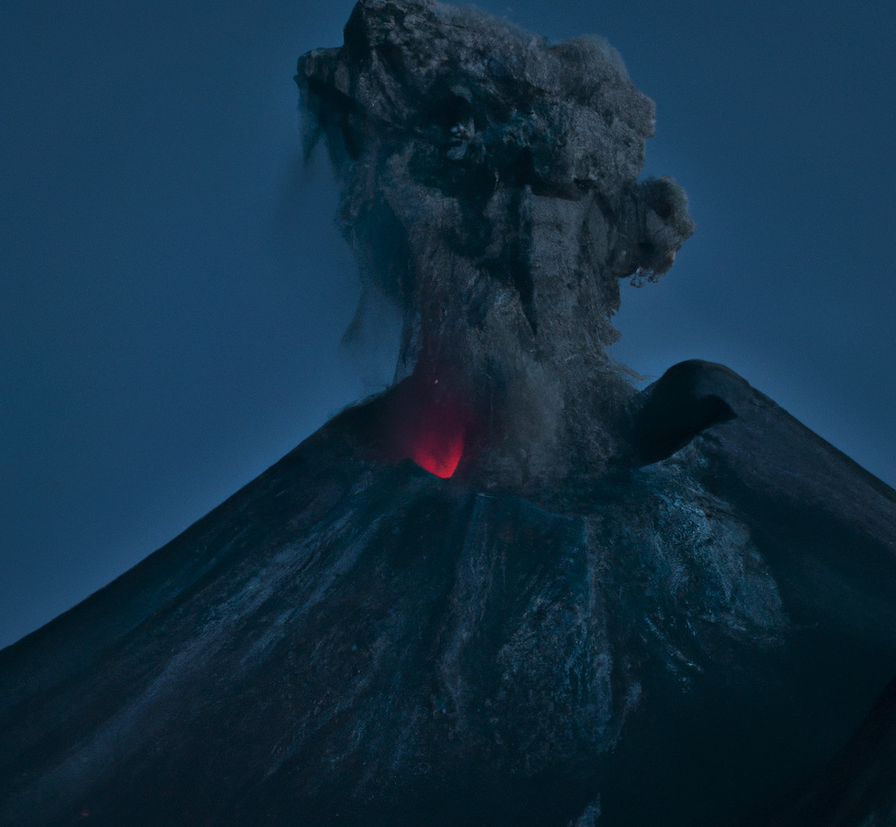Musk's Pandora's Box, WFH Driving SMB Location, Google's 'LPA' Problem

Twitter Moderation Headache
So Elon Musk is buying Twitter after all. One theory holds that Musk thought he would lose at trial. Assuming the deal actually happens, Musk will inherent an increasingly complex legal predicament around content moderation. Famously, Musk said he wanted to make Twitter a free-speech haven (read: less moderation). He has also promised to bring back Trump. Yet much has changed since Musk made his original bid. He faces the DSA in Europe which will require stronger moderation, including removal of disinformation and violent rhetoric. It will be tough to do that while permitting trolls and hatemongers free rein in North America. In addition, the US Supreme Court is poised to open a content moderation pandora's box. It will hear a case, Gonzales v. Google, about the scope of Section 230 immunity. It will also likely accept Texas and Florida cases on whether individual states may regulate speech on social media.

Our take:
- An ideological SCOTUS seems poised to allow more regulation ("anti-censorship" laws) of online content and punish social media.
- Musk will be caught between multiple, competing laws and regulations globally that will not permit his free-speech utopia to come into being.
- Some Section 230 reform is probably in order, but forthcoming cases will potentially unleash a wave of unintended consequences.
Yelp: Remote Work Shifting Biz Location
Yelp data argue local business growth is now happening much faster outside of "downtown" areas. The company looked at six different US urban markets and compared "the city’s downtown and non-downtown areas by analyzing the number of businesses in 2022 against the average number of businesses pre-pandemic (2017-2019)." The cities were New York, San Francisco, Portland (OR), Austin, Chicago and Miami. Downtown was defined specifically in each city. Before the pandemic business growth was more evenly distributed between downtowns and "non-downtown" areas. However, now "non-downtown business growth accelerated by 313%, on average, while downtown business growth accelerated by 116%, on average." In other words, growth is happening downtown but not as fast in other neighborhoods. This is even more pronounced in the restaurant and food-related business categories.

Our take:
- In the chart, Portland is the city with the widest disparity between downtown and neighborhood business growth.
- As remote work has persisted, businesses responded by locating where people are; it's only logical.
- If recession eventually undermines or reduces remote work – as some companies hope – we may see patterns return to pre-pandemic norms.
Product Failures: Google's 'LPA' Problem
Google has a history of launching products and services to great fanfare and anticipation only to shutter them later. The gaming platform Stadia is just the latest example. Google CEO Sundar Pichai has expressed concern, as have other tech CEOs, about productivity and innovation. He says "reward effort, not outcomes." That's consistent with Silicon Valley's "fail fast" culture. But there may be deeper issues at Google causing this string of failures. A Reddit threat exposed on Twitter argues that the way Google promotes employees results in a cycle informally known as "launch, promo, abandon." Allegedly, Google rewards employees for product launches or major product overhauls but not equally for "maintenance." Personnel and especially engineers leave projects after they're launched because the benefits of remaining on those teams are limited. The thread argues this leaves less talented teams to run products after release.
Reddit comment on why so many Google products get shut down
— Bucco Capital (@buccocapital) October 3, 2022
“Internally, we called it the LPA cycle: Launch, Promo, Abandon” pic.twitter.com/vVmoDFaABq
Our take:
- This is one opinion but it's a provocative argument. It could also explain why buying companies has been more successful than internal startups.
- The company obviously places huge importance on successfully maintaining its leading products (e.g., Search, Android, Maps, YouTube).
- If the "diagnosis" is correct it reflects deeper cultural and possibly structural problems inside Google that will be challenging to fix.
Recent Analysis
- Near Memo special edition: How Nerdy Nuts Co-Founder Blended Creativity, PR, Influencer Marketing, and TikTok to Fuel Success.
Short Takes
- Google: What to do when you're outranked by your own stolen content.
- GBP traffic spikes may be a bot or a bug or both.
- Google settles location-data privacy litigation for $85 million.
- Despite litigation setbacks FTC vows to press on with antitrust cases.
- White House issues "AI Bill of Rights" but it's merely a wish list.
- Facebook's Substack clone Bulletin is being shut down.
- TikTok revenues grew 477% last year.
- Reason to shun Samsung phones: creepy and invasive privacy rules.
- Google smarthome app Home undergoes major redesign.
- New college social app Fizz is following the Facebook playbook.
- Meta introducing new ads for FB, WhatsApp and Insta.
- Several changes and upgrades to Facebook Call Ads.
- Walmart's GoLocal delivery service passes 5K locations milestone early.
- Pizzabots are starting to replace workers in some pizza places.
Listen to our latest podcast.

How can we make this better? Email us with suggestions and recommendations.

